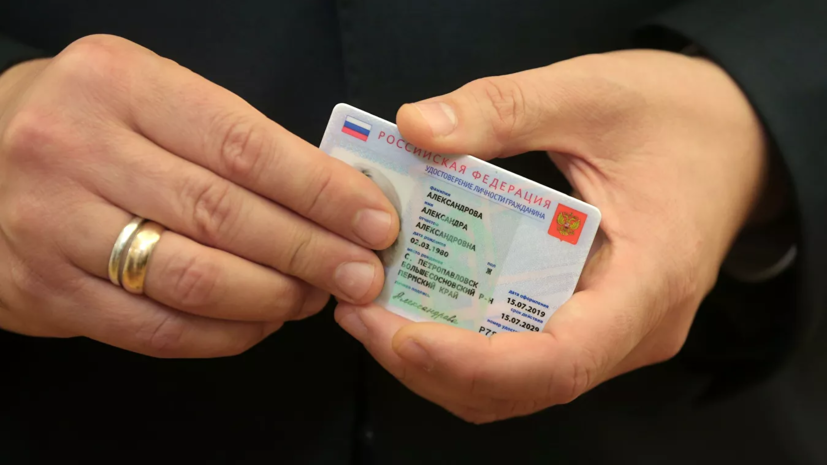Kazakova noted that “the document is supposed to be a bank card.”
According to her, the document will contain a chip with electronic media by analogy with the chip that is currently in the passport.
“It is assumed that this card will have a photograph, last name, first name, middle name, date of birth, place of birth,” she said.
She noted that in the chip itself this information will be duplicated.
She also said that it is expected that fingerprints, a photo image and “various information: registration at the place of residence, SNILS, maybe a driver’s license, and so on” will be added to the chip.
“While this program is still being developed, the deadlines for rejecting the passport that we have on hand today have not yet been determined, but it is expected that there will be a soft transition, a gradual replacement at the request of Russian citizens,” Kazakova added.
In September 2019, former Deputy Prime Minister Maxim Akimov spoke about the first stage of the implementation of electronic passports, noting that the digital passport itself is not important, but what services it will provide, to what level security will raise.
An expert Anatoly Sazonov in an interview with the publication PolitExpert assessed the prospects for the introduction of electronic passports in Russia, noting that such documents are more compact and durable.

